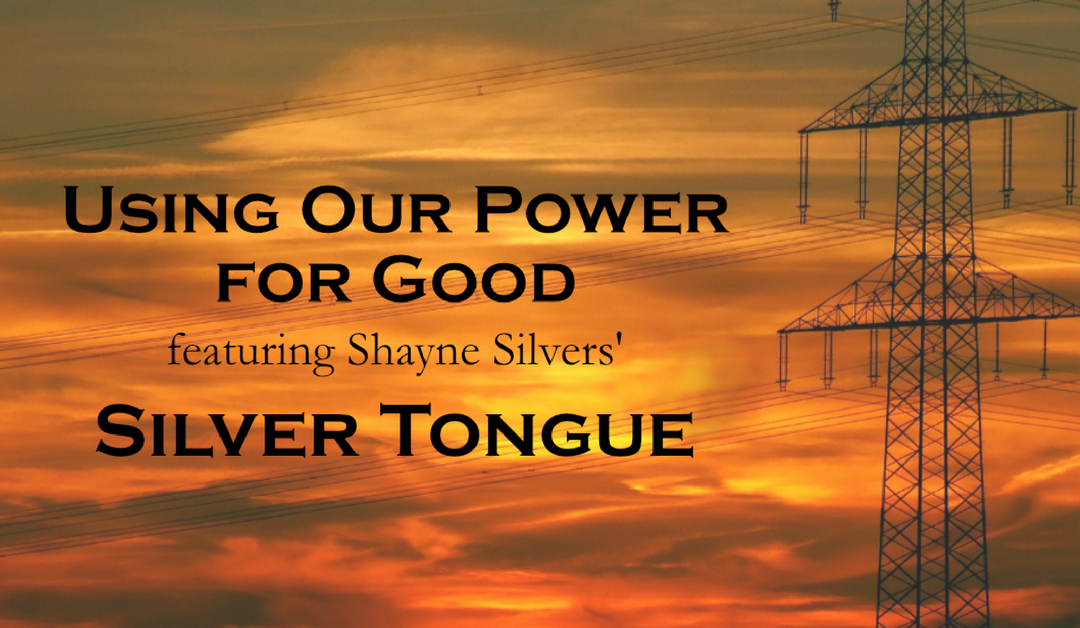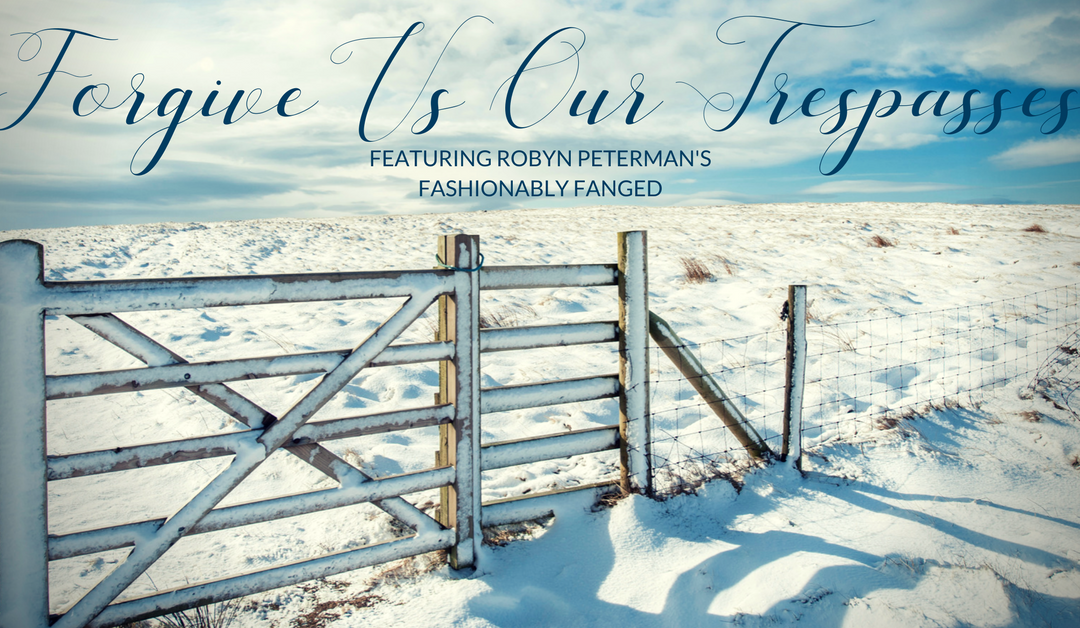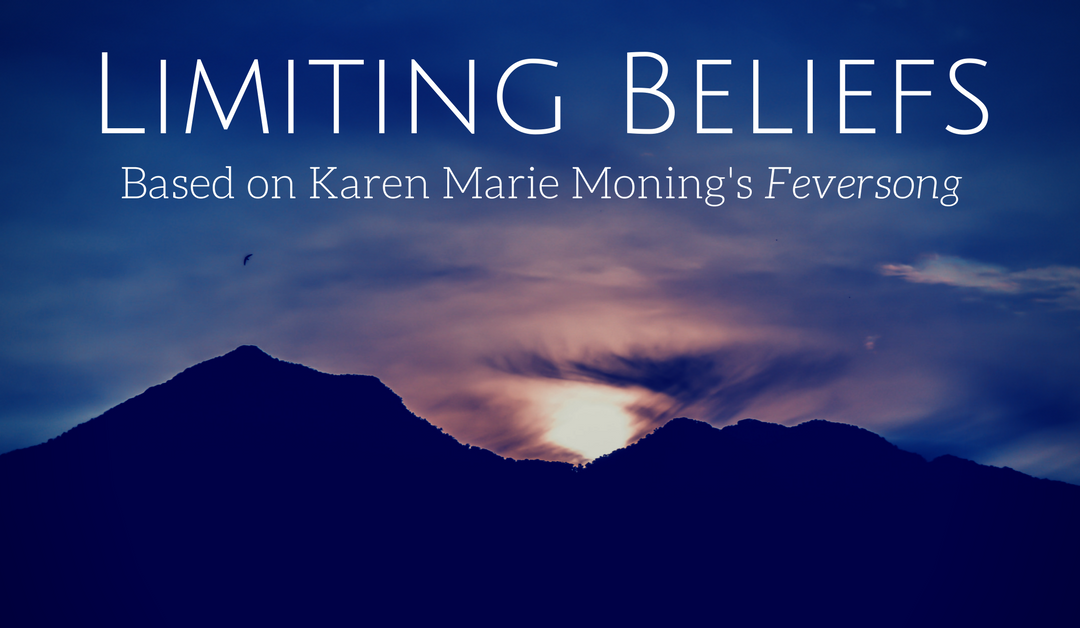Life has gotten in the way. I'm quite behind on my reading and my writing. New job, kids home for the summer, new toys to play with and fix.... It's all good, but it's wreaking havoc with my schedule and my routine. I'm also sad. I hate to be interrupted when reading the next book in Shayne Silver's Nate Temple supernatural thriller series. But life didn't ask me before it kept me away from Beast Master, which is gearing up to be the most compelling book so far, and the message of the story resonates; if it's not one thing, it's another. I know I'm dating myself when I remember Rosanne Rosannadanna, the hilarious character created by the inimitable Gilda Radner on Saturday Night Live. Rosanne was known to go off on tangents and when questioned about the relevance of her comments to the topic at hand, she would state that, "It just goes to show you, if it's not one thing, it's another." So true. For Gilda, who died too soon, for Nate Temple, whose troubles never seem to end (thankfully), and for the rest of us too.
Nate can't seem to come up for air before another mishap befalls him. In this excursion, he must wrangle the Beast Master who runs a supernatural fight club where contenders don't volunteer and often don't leave the arena alive. On top of that, Nate's fiancée is AWOL and his powers have been constrained. He's a one-armed paperhanger in a house with '70's decor in desperate need of an upgrade. No rest for the weary and he's not even getting weekends off. Life is hard for our hero. He's overworked and underpaid. This is a guy with plenty of resources and advantages at his disposal. And yet, not even Nate can catch a break. If he's in such dire straights, where does that leave the rest of us? …Up Shit Creek without a paddle, jumping out of airplanes without a chute, and dealing with our mothers without Valium (okay, maybe that last one is my personal issue). Actually, it leaves us smack dab in the realm of reality—truth in fantasy strikes again.
While none of us is dealing with supernatural politics and battling various über villains, Nate's fate reflects our own. For all of us, if it's not one thing, it's another. The pipe bursts and the septic system overflows. Or our kid popped one of his brackets off his teeth and needs to get to the orthodontist, STAT. Or the dog is scooting her butt on the floor and needs her glands expressed. Or our co-worker was called away on a family emergency and twelve hour days won't even begin to cover the workload. The car died. The computer exploded with no back up, the fridge is on the fritz, and the air conditioner is out. My best friend is in crisis at the same time Jehovah's Witnesses ring my doorbell and spy me through the glass so I can't hide. Calgon, take me away. Or, if a bubble bath is not available, a stiff drink will do in a pinch. Sometimes, it feels like my head is swiveling 360° and that green pea soup is about to spew from my mouth. I warn my loved ones to stand back while I have a breakdown and bemoan my fate. And then I take a step back and try to get some perspective (with more or less success, depending on the day – and the time for a bubble bath… or a drink).
I'm freaking lucky to have family and friends, a job and a car, a computer, a fridge and an air conditioner. I'm blessed to be a homeowner and a mother to boys and dogs alike. My life is full, full, full -- sometimes overly so, but then I tell myself to suck it up, Buttercup (like Nate, I often talk to myself. And I answer too!).
A full life sure as shit beats the alternative. There is no life lived to capacity that isn't overflowing with stuff going sideways sometimes. Kids pop brackets, computers explode, cars die. It's the way of the world, the signs of a life well lived.
We could sit at home and eat frozen dinners and watch TV or play video games and if we can make the rent, well, we wouldn't have to worry about too many distractions in our small little world. But to that I say, fuck no. Give me the troubles with the joy, the pizza with the reflux and the democracy with the Donald. ‘You pays your money and you takes your chances.’ And sooner or later, the wheel of fortune spins again, and you're on top again… at least for a while.
But don't get too comfortable. Because remember, if it's not one thing, it's another. That's life. And if you don't believe me, just ask Nate Temple.



















